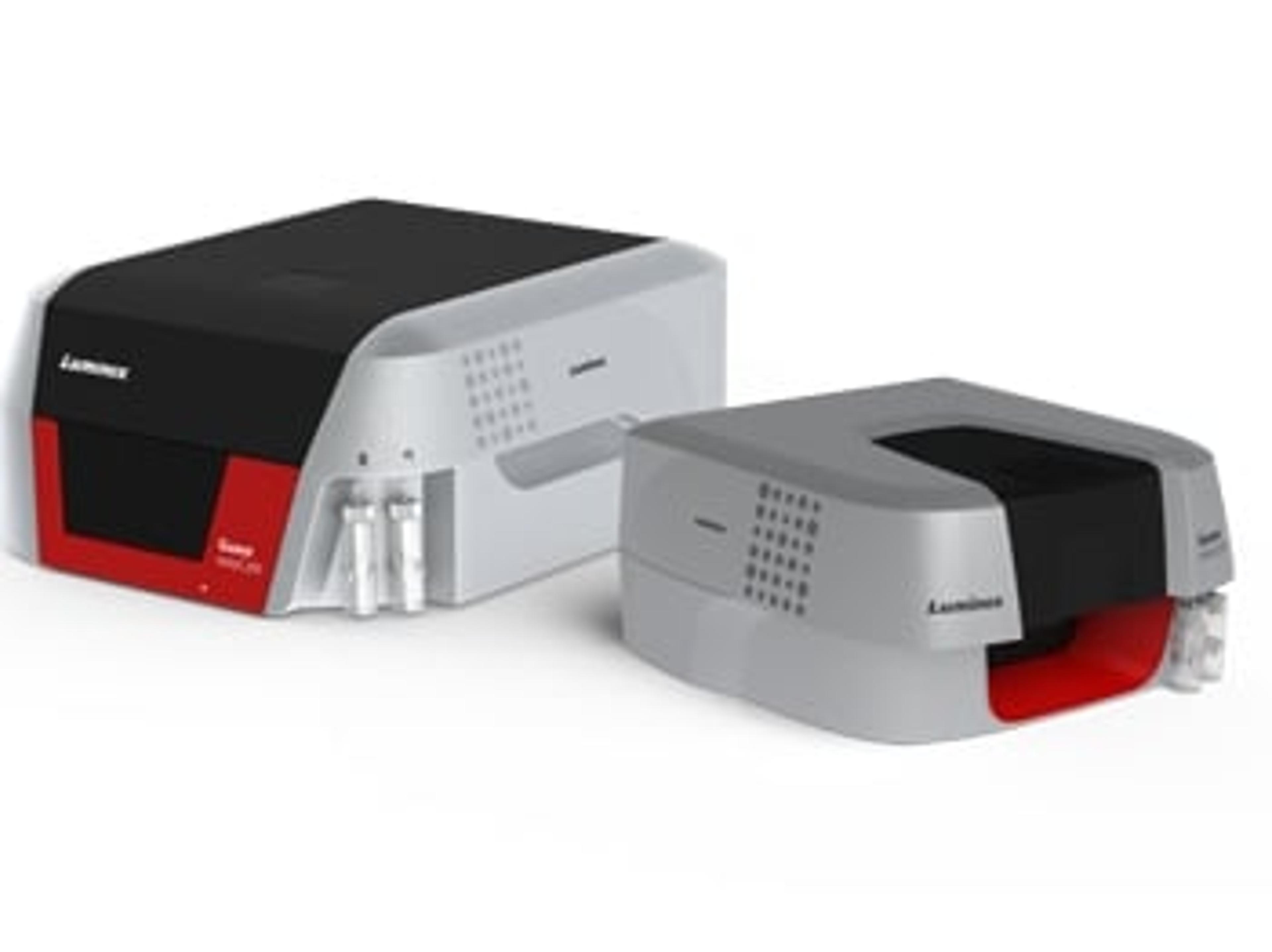Merck Millipore's guava easyCyte™ 12 Flow Cytometer Offers Improved Resolution Down to 0.2 μm
7 Nov 2014Merck Millipore, the Life Science division of Merck, offers new data demonstrating improved performance for its guava easyCyte™ 12 flow cytometer, a simple and powerful benchtop method for multicolor flow cytometry. The system has been shown to detect particles as small as 0.2 μm, a significant improvement over typical flow cytometers.
This increase in performance gives researchers better sensitivity and resolution for their experiments. Improved sensitivity provides better separation, making gating and identifying dimmer populations easier. In addition, resolution down to 0.2 μm opens up new application areas, particularly for researchers analyzing small particles and beads, as well as studying bacteria or algae.
"Merck Millipore has recognized the need for an advanced generation of powerful benchtop flow cytometers to enable today's researchers to measure multiple molecular pathways and biomarkers at a cellular level," said Patrick Schneider, Ph.D., Head of Merck Millipore Bioscience Business Area. "Our new performance data clearly demonstrate that guava easyCyte™ 12 flow cytometers can provide better resolution than traditional systems on the market, allowing scientists to achieve very powerful cellular analysis right at the benchtop."
The guava easyCyte™ 12 flow cytometer uses three excitation lasers to detect up to 12 parameters simultaneously, including 10 fluorescent colors plus forward and side scatter for size and granularity determination. The upgraded lasers and unique scanning technology reduce channel bleedover and significantly improve resolution. Single-sample and multi-sample processing options are offered, and high-throughput analysis is possible with robotic sample trays that automatically handle 96-well micro¬plates and up to 10 sample tubes. The new platform consumes less sample, generates less waste and is easier to maintain than traditional systems, enabling researchers to save time and money while conducting comprehensive cell analysis.
The system, capable of detecting mammalian and micro¬bial cells and beads, offers an intuitive interface at an affordable price for every laboratory budget. As with all of Merck Millipore's guava easyCyte™ systems, a sample of fluorescently labeled cells is aspirated into a microcapillary flow cell, which eliminates the need for sheath fluid and provides absolute cell counts. In addition, the flow cell is self-aligning and user-replaceable, reducing downtime and service visits.

